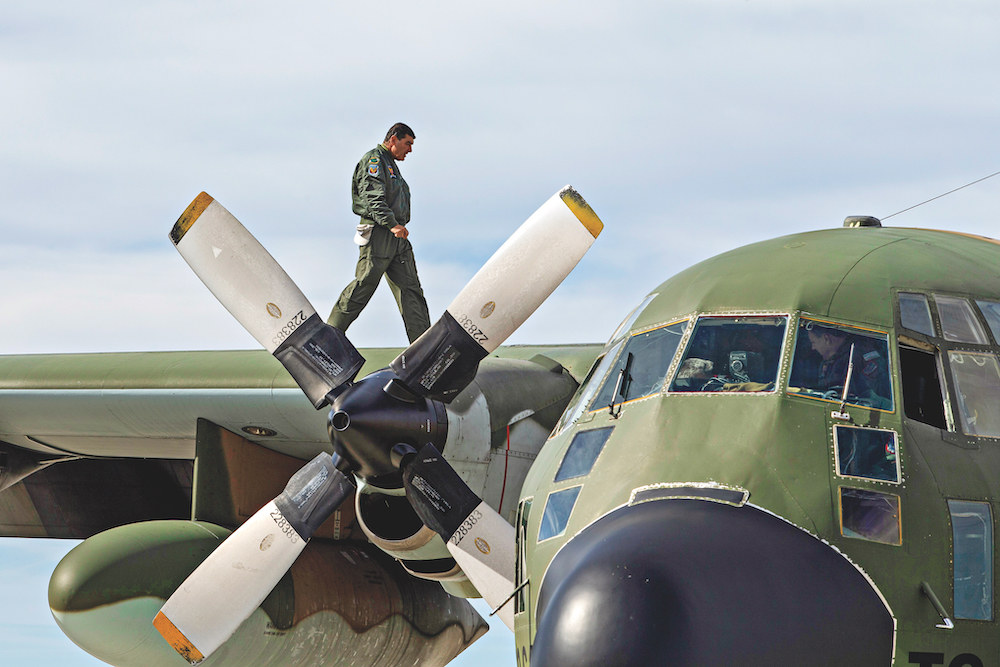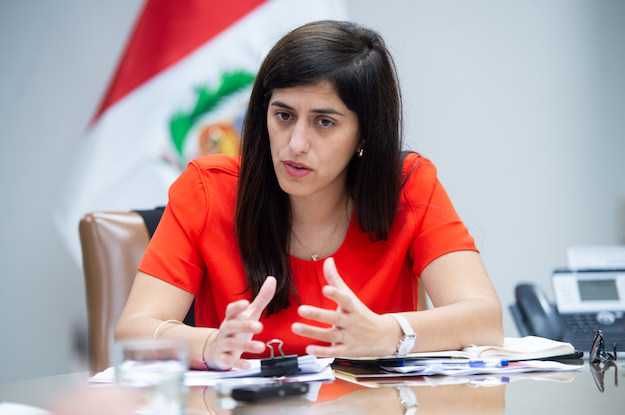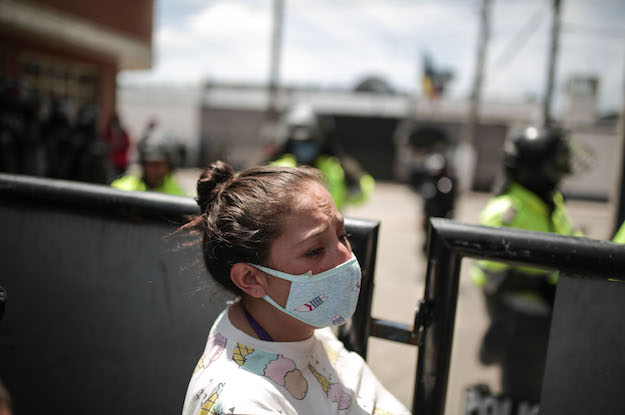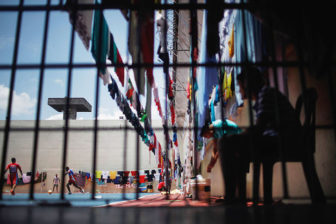This article is adapted from AQ‘s special report on Latin America’s armed forces | Leer en español
BUENOS AIRES — On July 10, 2016, the Argentine military paraded down the broad Avenida del Libertador in commemoration of the country’s Declaration of Independence. Standing near the corner of Sarmiento Avenue, a woman with two children asked me: “Do you know when the Malvinas veterans will march?”
I believe they’re next, I said.
“Thank you, I am just very nervous,” she replied. “It’s the first time my children will get to see their father parade.”
Indeed, such displays were considered taboo for many years following the atrocities of the 1976–83 dictatorship. After democracy returned, successive administrations focused on prosecuting and incarcerating human rights violators. But little effort was made to find a new, modern role for the armed forces consistent with the democratic life of any healthy republic.
The decision to involve the military in independence celebrations was just one way Mauricio Macri attempted to change that, with some success, during his 2015–19 presidency. It would be an exaggeration to say that Macri had a profound and unrestricted interest in rebuilding the downtrodden armed forces. After all, generalized perception among the country’s political leadership is that the military is a large financial and human investment with questionable returns. Yet throughout Macri’s presidency, we can still identify several policies that helped strengthen military institutions, mainly via the mending of civil-military relations, the reframing of strategic concepts and acquisitions of important hardware.
The process required putting behind decades of distrust, recognizing that the vast majority of men and women in uniform are not interested in returning to the political protagonism that led to their downfall in society. With this said, it was possible to start rebuilding links between the armed forces and civil society — liaising with Congress, public/media relations, engaging with universities, NGOs and think tanks, and integrating retired officers into the policy formulation process in the Ministry of Defense. Yet multiple actors in the opposition pushed back: they accused Macri of attempting to revive the National Security Doctrine and planning to use the military to repress future social instability.
Just as important was the conceptual reframing of Macri’s defense policy. With the modification of Decree 727/06 (via Decree 683/18) and the approval of a new National Defense Policy Directive, the government updated the role, mission and function of a military policy that had, until then, continued to operate under a 20th century framework. The decree expanded the definition of threats, moving from “external state aggressions” to “external aggressions.” This may seem like a minor detail, but in the Argentine context it was quite controversial.
Critics argued that this change departed from the traditional separation of national defense and internal security in previous decades and responded to Macri’s interest in reinserting the military in internal security matters (ignoring the fact that military involvement in internal security was turbocharged by Cristina Fernández de Kirchner’s administration with anti-drug trafficking operations known as “Fortín II” and “Escudo Norte”). On the other side, Decree 683/18’s advocates argued that military policy needed to be recalibrated to reflect the current geostrategic reality of Argentina. While the possibility of a traditional conflict with Chile or Brazil had long been deactivated, transnational non-state armed actors were on the rise in the world and in the region. The only state actor threat was 1200 miles south of Buenos Aires, in the Malvinas Islands.
The National Defense Policy Directive was framed in the context of Argentine foreign policy, which unlike economic policy, was one of Macri’s indisputable successes. In the past, the National Defense Policy Directive was put forth by the Defense Ministry itself. But in this case, the document was formulated by a group of experts working from the Secretariat of Strategic Affairs in the Casa Rosada, Argentina’s presidential palace. The Secretariat not only had the technical know-how, but also the political heft required to push through important policy changes involving several ministries. The document, while praised by all sectors for its emphasis on understanding defense policy as a foreign policy tool and for its precise appreciation of the global context, was criticized by the opposition for its liberal undertones, ignoring previously relevant regional spaces like UNASUR, and its references to “new threats.”
Acquisitions-wise, the challenges were immense. Military capacities had been consistently reduced over decades of budget reductions and many units operated weapons systems under dangerous conditions — as exemplified by the tragic loss of the ARA San Juan submarine and its crew of 44 in 2017. This scenario led to the Macri administration purchasing new material as well as continuing projects that had been put on hold by previous administrations. Locally designed and produced Pampa III Advanced Trainers rolled out of the Fábrica Argentina de Aviones for the first time in over a decade, and that same factory modernized several aging but essential C-130 transport airplanes. Helicopters, light weapons and logistics vehicles were procured abroad, and larger projects such as the French-made Offshore Patrol Vessel, the FA-50 Lead-In-Fighter-Trainers and the P-3C maritime patrol aircraft received the political and financial backing needed to advance.
Overall it is safe to say that Macri made progress in the defense area, not only in the more than $1.6 billion confirmed and prospected capacity acquisitions, but also via valuable conceptual reframing of Argentina´s defense strategy and the recomposition of civil-military ties. Yet decades of abandonment require a much broader, more comprehensive and well-funded rebuilding effort going forward that can put Argentina’s military on par with its geopolitical importance in the face of a rapidly changing global context.
How new President Alberto Fernández, who took office in December, will fare in this area remained unclear at the time of writing. The designation of Agustín Rossi as defense minister (Cristina Fernández’s defense minister, 2013–15) heralds a possible return to previous conditions, and the presence of “milanistas” (retired officers that partnered with former Chief of Army César Milani and his parallel intelligence network in the previous kirchnerista administration) leads to worrying potential scenarios: future abandonment of the defense sector accelerated by conflicting policies between ministries, or policies that militarize internal security and bring the military back into politics in a negative way.
—
Serbin-Pont is an international analyst, director of the regional think tank CRIES, regional representative at the Global Partnership for the Prevention of Armed Conflict and a professor at Universidad del Salvador. Serbin Pont served as an advisor at Argentina’s Strategic Affairs Secretariat (2016-2019).







